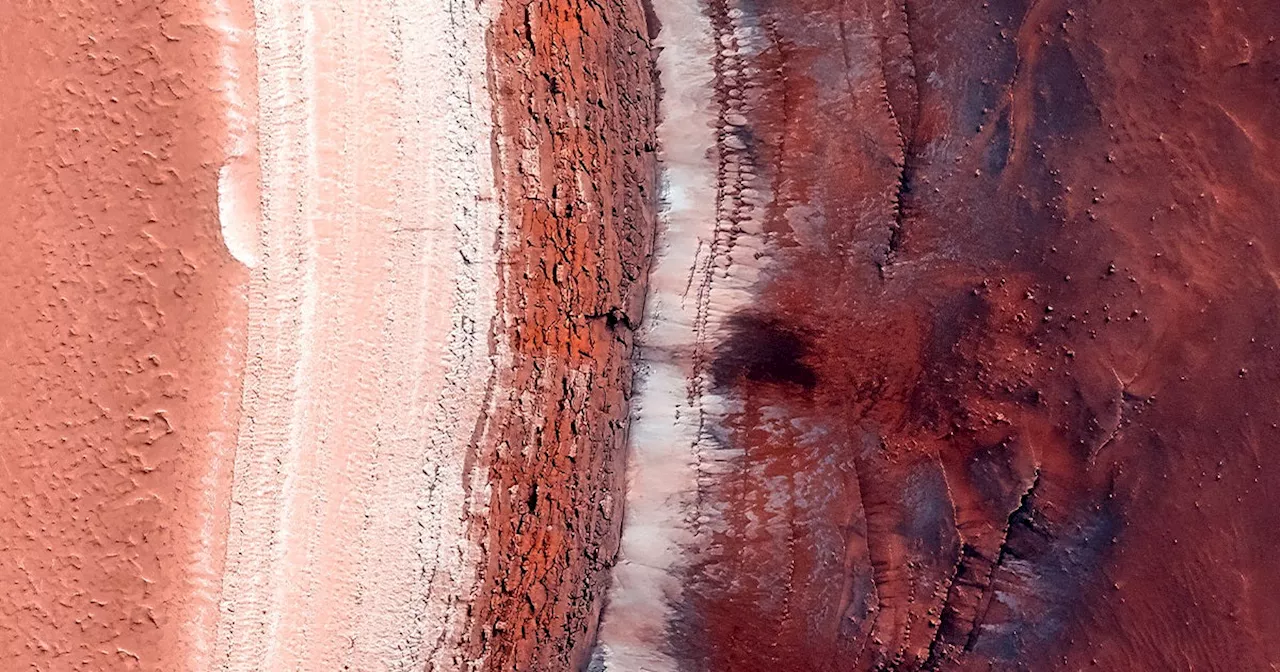Science and Technology News and Videos
published in the journalargues that the ice layers on Mars could be thick and dark enough from their dusty contents to block out solar radiation that gets in throughAccording to the researchers' computer modeling experiments, the ice may stay intact on the surface but melt within when the Sun hits it — and with harmful radiation effectively blocked,On Earth, craters created by embedded dust particles causing the ice below to melt over time are known as "cryoconite holes.
It's a deceptively simple concept — though the researchers are not making any bolder proclamations yet.To be clear, nobody involved in the study is saying anything definitive about the possibility of life on Mars., "but instead we believe that dusty Martian ice exposures in the mid-latitudes represent the most easily accessible places to search for Martian life today."
"People have found microorganisms that live in these shallow subsurface habitats on Earth," the JPL postdoc told. "The microorganisms typically go dormant in the winter when there is not enough sunlight to form liquid water within the dusty ice."
United States Latest News, United States Headlines
Similar News:You can also read news stories similar to this one that we have collected from other news sources.
 Trove of top-secret information may be trapped on $40M Bayesian yacht after deadly capsize: reportToday's Video Headlines 09/21/2024
Trove of top-secret information may be trapped on $40M Bayesian yacht after deadly capsize: reportToday's Video Headlines 09/21/2024
Read more »
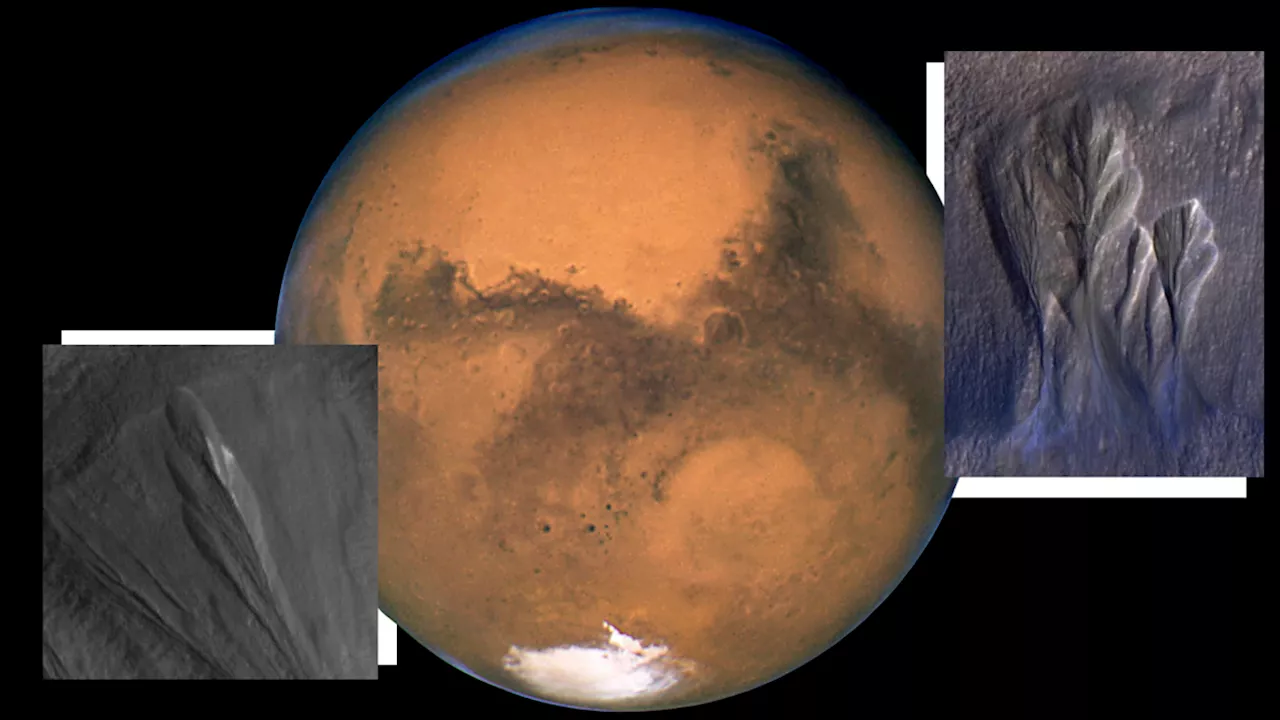 Alien life could lurk on Mars beneath protective ice, study suggestsRobert Lea is a science journalist in the U.K. whose articles have been published in Physics World, New Scientist, Astronomy Magazine, All About Space, Newsweek and ZME Science. He also writes about science communication for Elsevier and the European Journal of Physics. Rob holds a bachelor of science degree in physics and astronomy from the U.K.
Alien life could lurk on Mars beneath protective ice, study suggestsRobert Lea is a science journalist in the U.K. whose articles have been published in Physics World, New Scientist, Astronomy Magazine, All About Space, Newsweek and ZME Science. He also writes about science communication for Elsevier and the European Journal of Physics. Rob holds a bachelor of science degree in physics and astronomy from the U.K.
Read more »
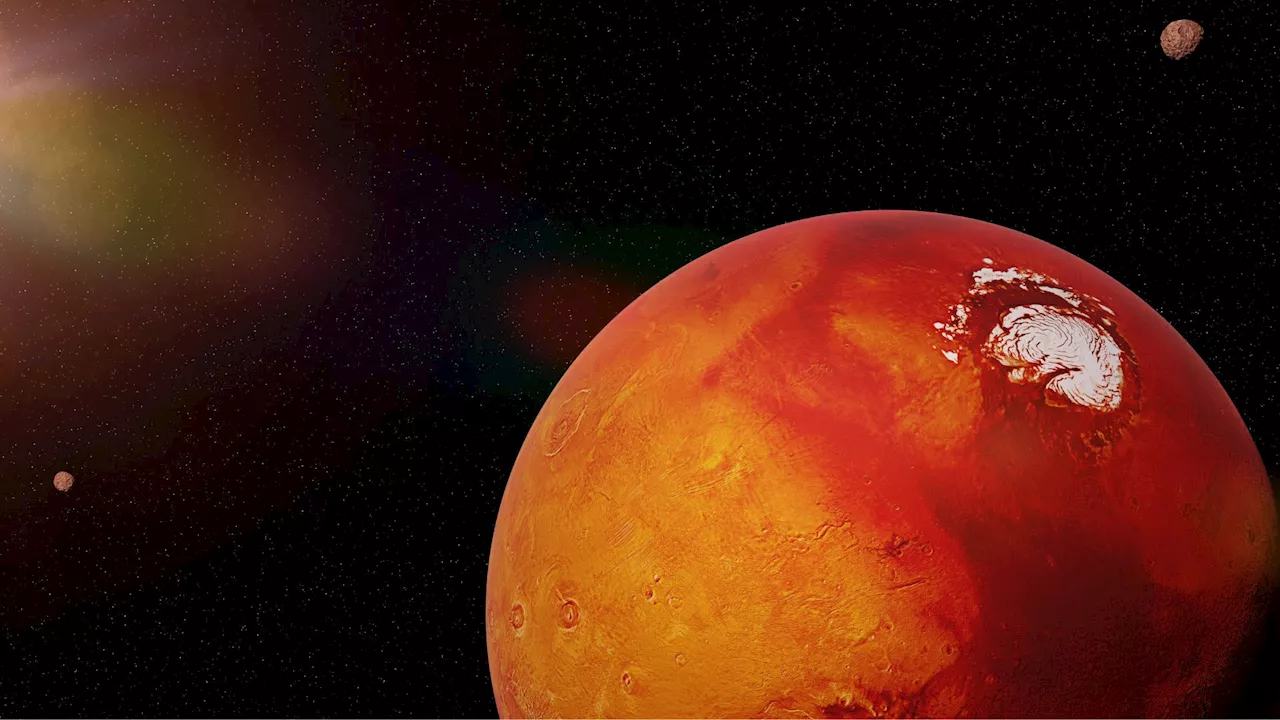 NASA discovers signs of life on Mars, could be hidden beneath icy surfaceNew NASA research suggests that microbes could thrive in meltwater beneath Mars’ frozen surface, offering a potential habitat for life.
NASA discovers signs of life on Mars, could be hidden beneath icy surfaceNew NASA research suggests that microbes could thrive in meltwater beneath Mars’ frozen surface, offering a potential habitat for life.
Read more »
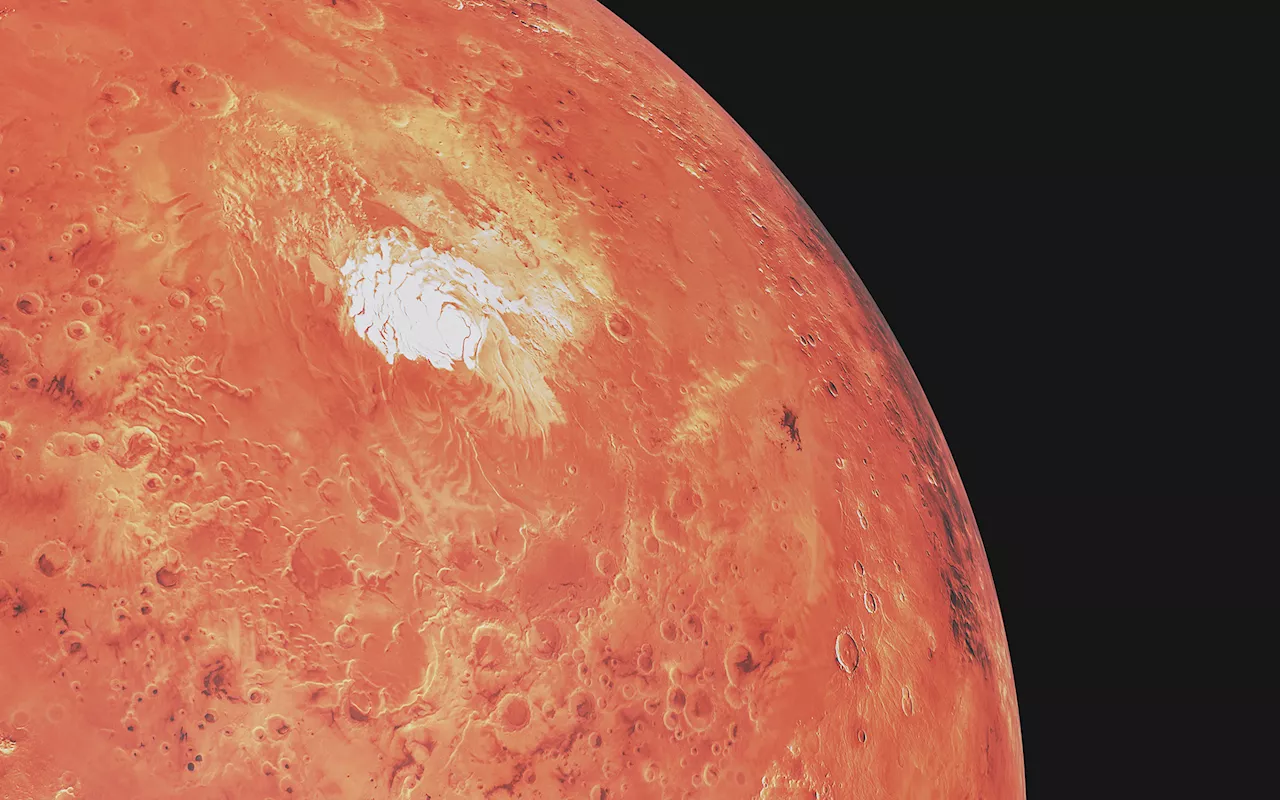 NASA may have figured out why Mars is so deadNew data captured by NASA's Curiosity rover could give us more insight into why Mars is so dead and hostile despite its ancient past.
NASA may have figured out why Mars is so deadNew data captured by NASA's Curiosity rover could give us more insight into why Mars is so dead and hostile despite its ancient past.
Read more »
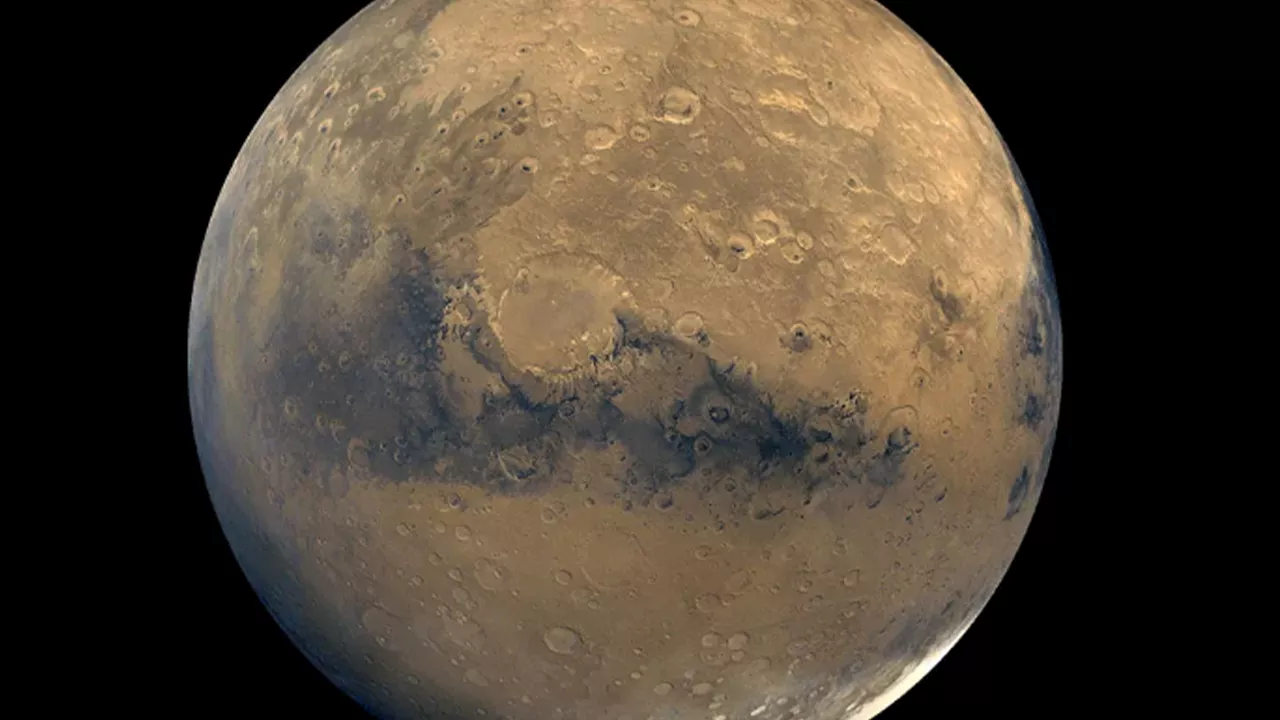 Dark matter may be behind wobble in Mars’ orbit, study suggestsA bold new study in Physical Review suggests that a wobble detected in Mars' orbit could be the result of dark matter made up of primordial black holes.
Dark matter may be behind wobble in Mars’ orbit, study suggestsA bold new study in Physical Review suggests that a wobble detected in Mars' orbit could be the result of dark matter made up of primordial black holes.
Read more »
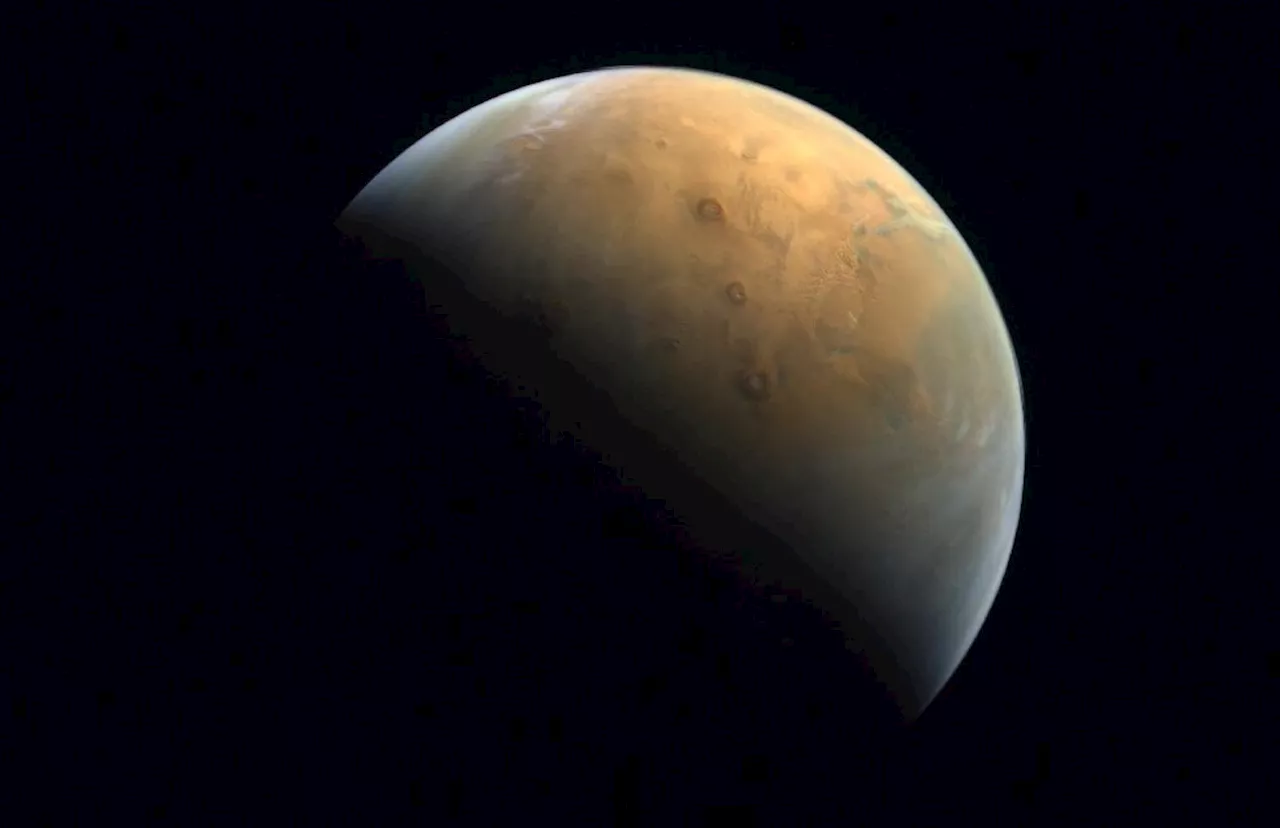 Scientists may have found signs of dark matter in Mars’s orbitScientists believe a wobble in Mars' orbit could be a sign of dark matter moving within our very solar system.
Scientists may have found signs of dark matter in Mars’s orbitScientists believe a wobble in Mars' orbit could be a sign of dark matter moving within our very solar system.
Read more »
